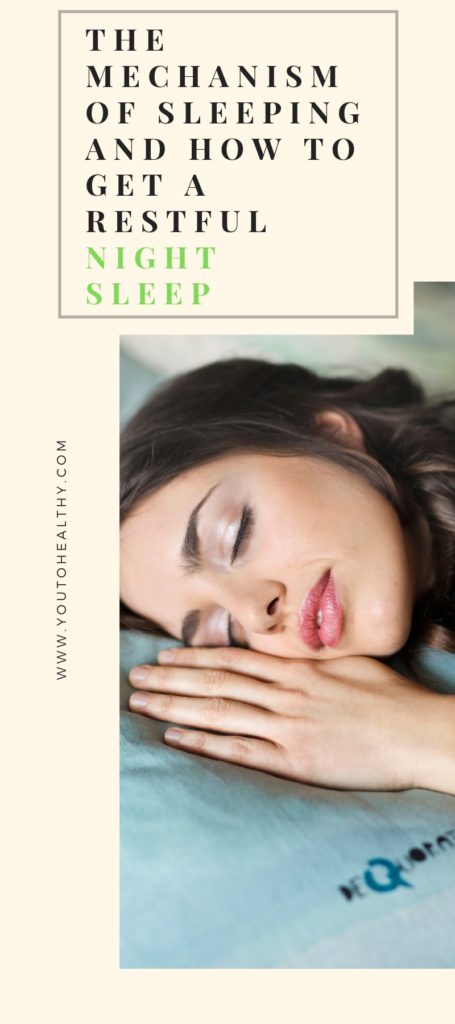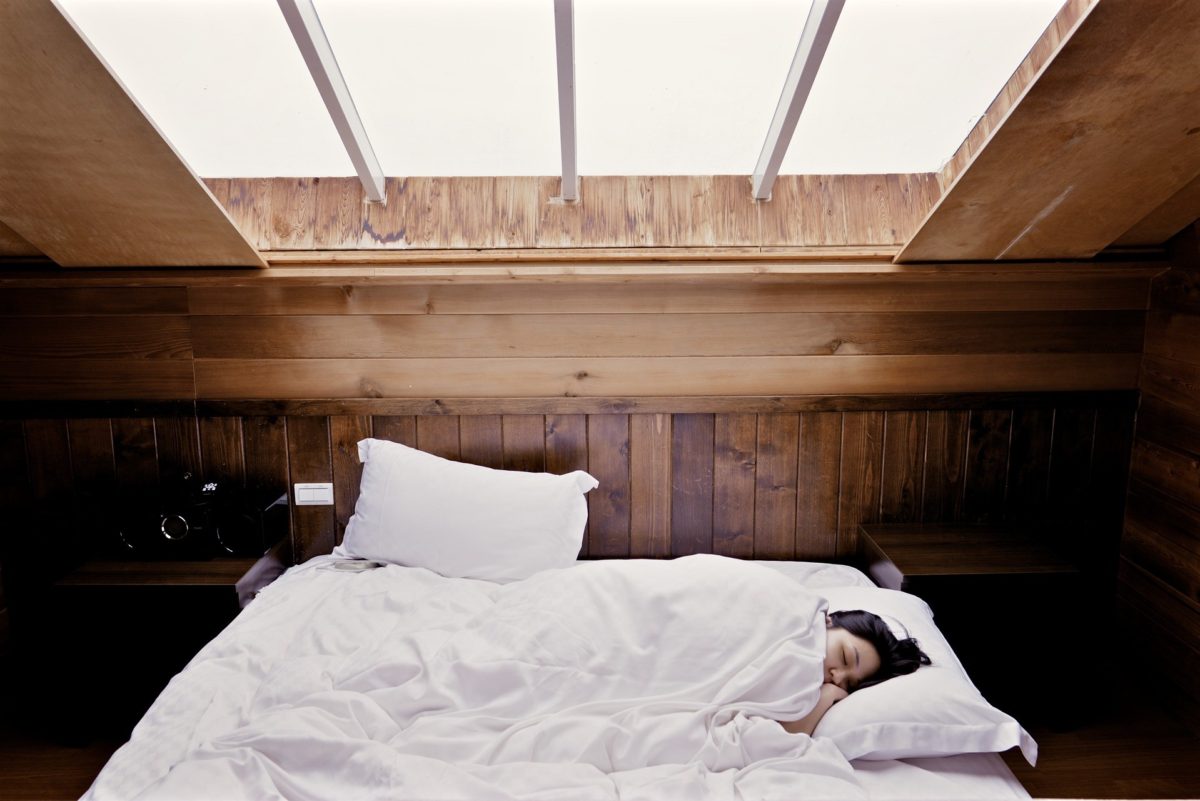Sleep is a state of biological quiescence when the body undergoes maintenance and repair. All living creatures sleep. And man is no exception.
The physiology of sleep goes through different stages of a deep slumber by which the body gets refreshed and ready for the next day.
Getting adequate sleep at night reflects positively on your body’s health, mood, and well-being. Conversely, inadequate sleep, for any reason, will make you tired and out of focus the next day.
What Are the Types of Sleep?
Qualitatively, there are two distinct types of sleep.
First, deep sleep or Non-Rapid Eye Movement (NREM) sleep is the type that goes into four different depths of sleep. During this journey, the brain`s activities slow down dramatically, but body movements like sleepwalking and bed-wetting may occur.
Second, dream sleep or Rapid Eye Movement (REM) sleep is the type of sleep that is characterized by body flaccidity and high brain activities such as sleep terrors and nightmares.
What Happens When You Don’t Get a Restful Night Sleep?
“Parasomnia” is the term used to describe some sleeping issues. It’s a group of sleep disorders that affect the quality and duration of physiologic sleep.
Bed-wetting is a sleep problem described as the unintentional passing of urine during sleep.
It is a common problem for children at the preschool age, though it might extend to the early teens. It can be a great blow to a child’s self-esteem and confidence, and the child ends up feeling ashamed and full of anguish and guilt.

Your sleep quality may be affected by other issues, leaving you with uncomfortable, interrupted sleep known as “sleep fragmentation.”
For instance, if your spouse snores or has nightmares, you may be awakened several times during the night. If you are markedly overweight, your breathing may stop for a short while during sleep, and this can cause you to wake up to catch your breath. Older men, who tend to have prostate enlargement, can be awakened in the middle of the night by frequent bathroom visits.
Insomnia is probably the most common problem that ruins good sleep. It`s defined as difficulty falling asleep or early morning awakenings. For the most part, insomnia is a short-term issue.
Waking up during the night can be due to physical or psychological stresses or may be due to the lack of a healthy bedtime routine.
How Do I Get a Restful Night Sleep?
A restful night’s sleep is based on the quality and duration of the sleep you get.
For instance, in every 24-hour period, newborns require 16 to 18 hours of sleep, while adults need only 7 to 9 hours. The overall daily sleep can be enjoyed divided or in one sustained period of time.
You can significantly improve the quality of your sleep by taking a siesta or practicing “sleep cleanliness.”
A siesta is a strategic nap. It’s typically an afternoon rest or nap, especially during the hottest hours of the day in a hot climate. A belated siesta is good for you if your work ends in the late afternoon. It refreshes your body and brings your mind back to focus, particularly if you have evening or night duties.
“Sleep cleanliness” refers to a healthy bedtime routine. Basically, it means you should go to bed when you are ready to sleep.
To do that, you should be free from worries and mental distractions. It also includes visiting the toilet right before you go to bed. Moreover, you have to stop drinking fluids about half an hour prior to bedtime.
Drinking caffeinated beverages such as coffee, tea, and cola, and eating chocolate should be stopped, at a minimum, three hours before bedtime.
It should be noted that going to bed with a mind full of unresolved problems or unsettled worries goes absolutely against the concept of sleep cleanliness.
In conclusion, a deep and restful night’s sleep doesn’t come out of the blue. Instead, you should be prepared for it by eliminating mental distractions and responding to the call of nature before you go to sleep.





